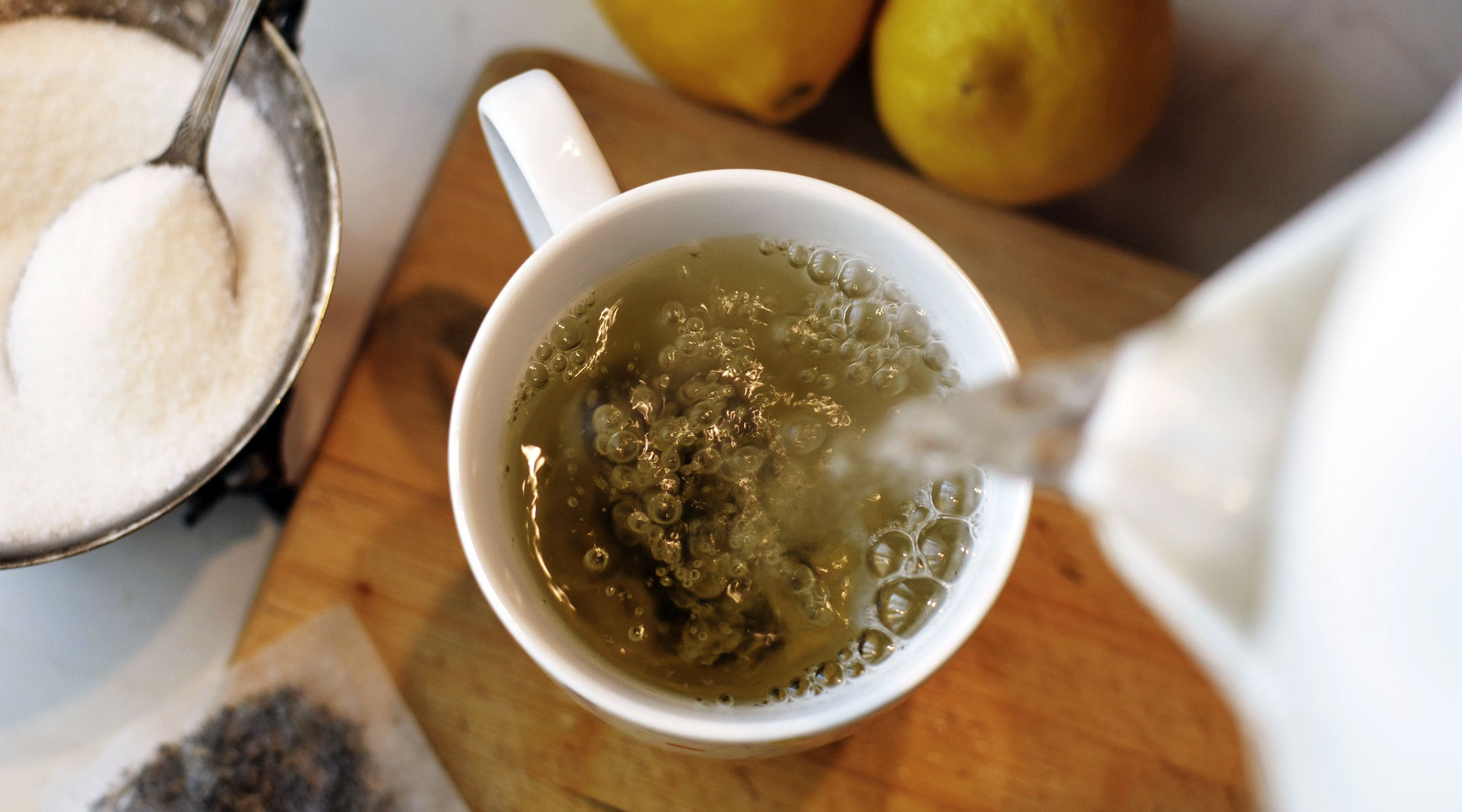
Known in China as the “tea of immortality,” Kombucha (pronounced kum-boocha) is a drink that is fermented from a type of mushroom, tea and sugar (it’s not really a mushroom, it just looks like one). This “mushroom” is often called a “scoby,” which stands for symbiotic culture of bacteria and yeasts.
The culture is placed in sweetened black or green tea and transforms into a drink full of vitamins, minerals, enzymes and health giving organic acids. As the kombucha culture digests the sugar, it produces a range of organic acids (such as glucuronic acid, gluconic acid, lactic acid, acetic acid, butyric acid, malic acid and usnic acid), vitamins (particularly vitamin b & c), amino acids and enzymes. In a nutshell, kombucha has helped our family by boosting our immune systems, digesting food and removing toxins.
Here are the benefits of the organic acids in Kombucha:
Lactic acid
Lactic acid is essential for the digestive system. It assists blood circulation and helps prevent bowel decay and constipation. It also aids in balancing acids and alkaline in the body, believed to help in the prevention of cancer by helping to regulate pH levels.
Glucuronic acid
Glucuronic acid is the body’s most important detoxifier. When toxins enter the liver, this acid binds to them and flushes them out through the kidneys and intestines. Once bound by glucuronic acid, toxins can leave. A product of the oxidation process of glucose, glucuronic acid is one of the more significant attributes of Kombucha. This detoxifying agent is one of the few that can cope with pollution from the products of the petroleum industry including plastics, herbicides, pesticides and resins. It essentially kidnaps the phenols in the liver and then allowed to be eliminated by the kidneys.
Kombucha can be very helpful for allergy sufferers. Another by-product of the glucuronic acid in Kombucha are glucosamines, the structures associated with cartilage, collagen and fluids that lubricate the joints. It is this function that is believed to make Kombucha so effective against arthritis.
Acetic acid (vinegar)
Powerful preservative; it inhibits harmful bacteria.
Usnic acid
Natural antibiotic that can be effective against many viruses.
Oxalic acid
An effective preservative; encourages the intercellular production of energy.
Malic acid
Helps detoxify the liver. It supports the mitochondria (production of energy).
Gluconic acid
Produced by the bacteria, it can break down the caprylic acid and is of great benefit to sufferers of candidiasis and other yeast infections.
Butyric acid
Also found in butter, butyric acid is produced by the yeast and used by the intestine for energy. It is also an energy source for the cells lining the colon, protects human cellular membranes, and – when combined with gluconic acid – strengthens the walls of the gut to combat yeast infections. Butryic acid appears to reduce the chronic inflammation of the colon. Most kids on the spectrum have some type of GI distress, even if it doesn’t seem to be apparent at the time. Behavior issues are often caused by some type of gut disorder and butyric acid works to help you absorb the nutrients and minerals from your food.
Kombucha may be purchased at health food stores or online, but I prefer to make my own batches. Here’s a link to a YouTube video, which shows me demonstrating how to make Kombucha.